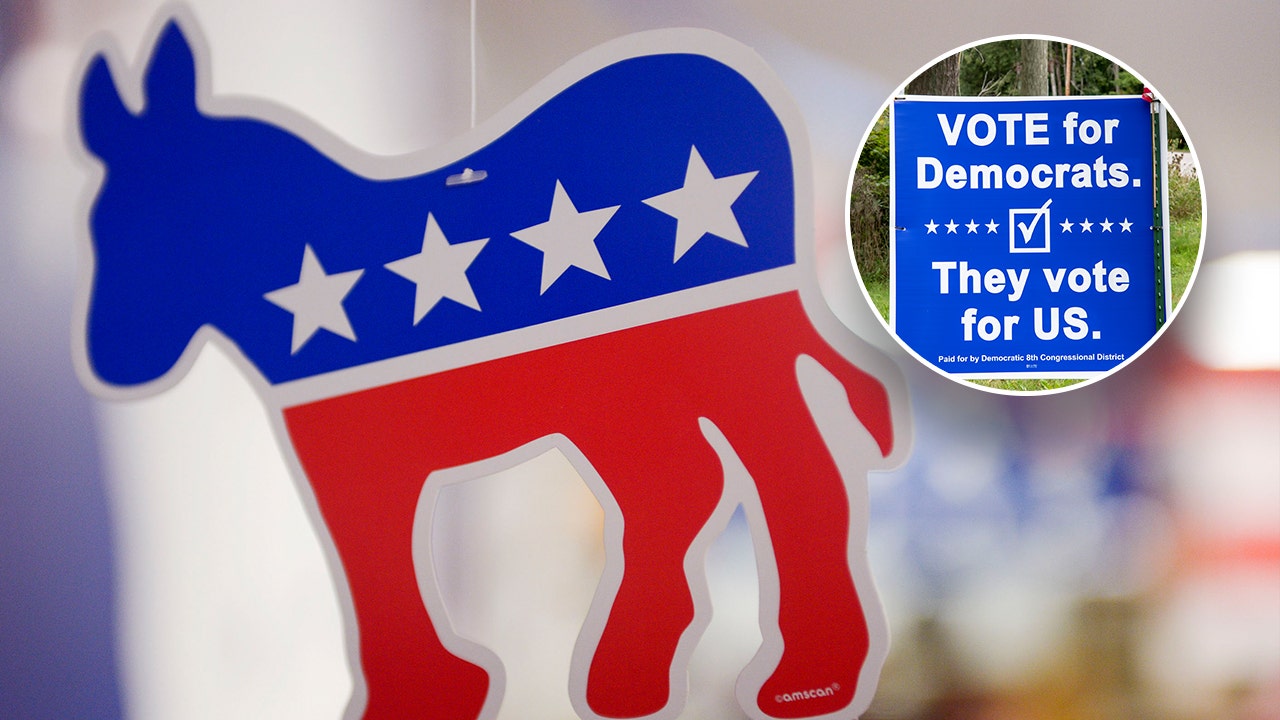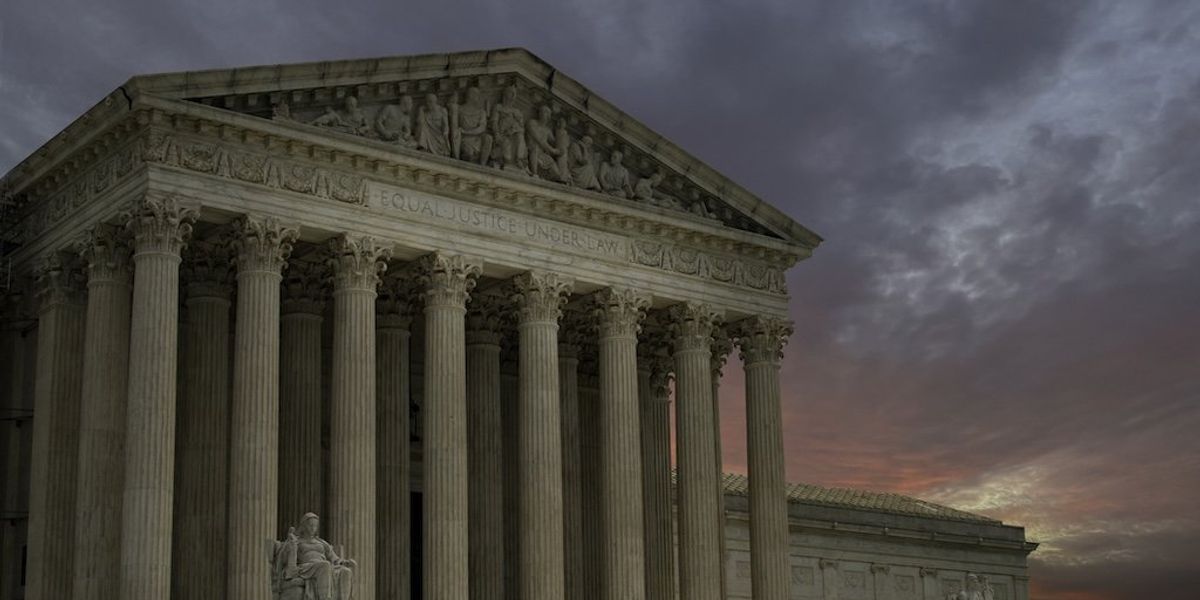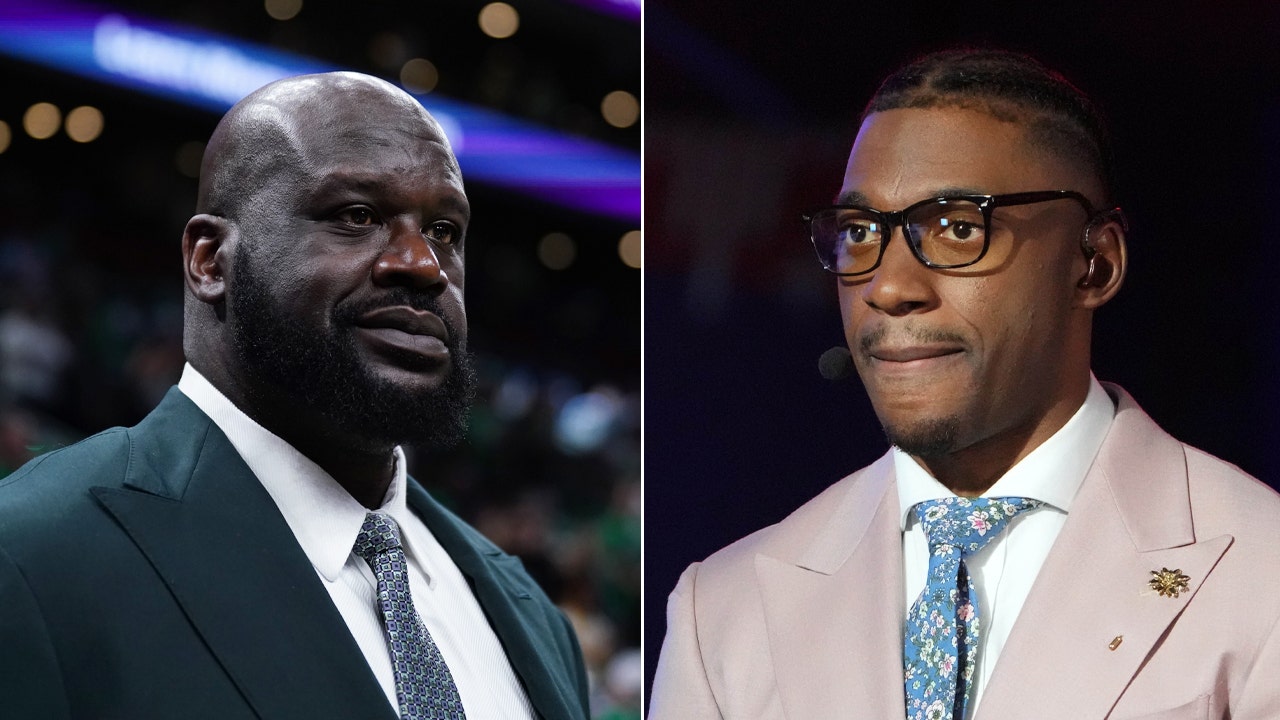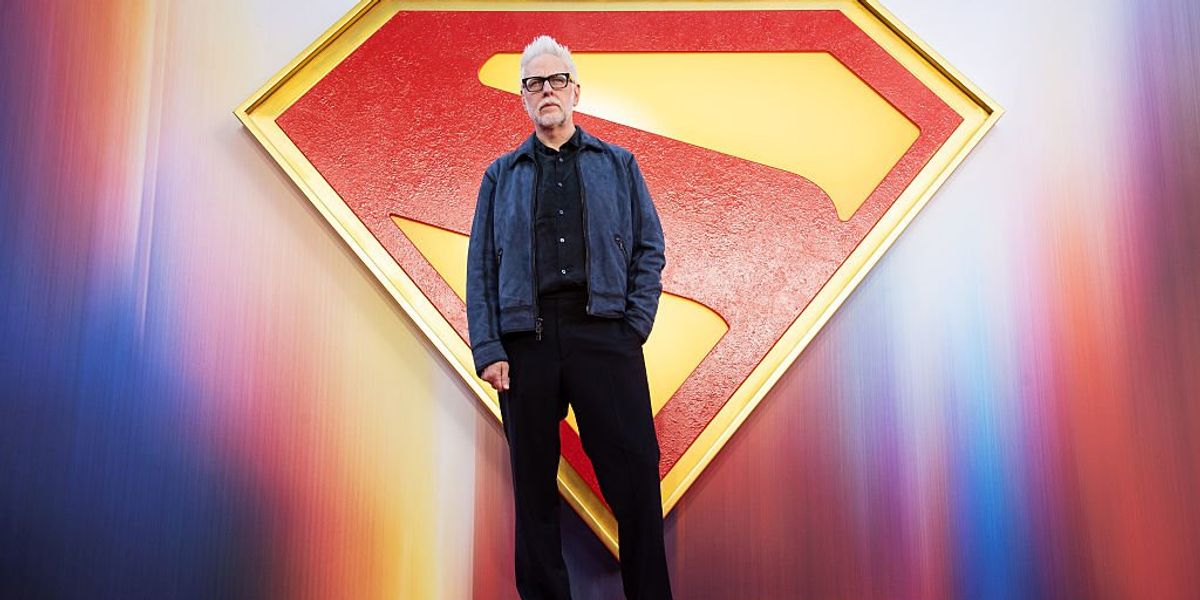On Thursday’s episode of The ReidOut on MSNBC, host Joy Reid and her guest, Everett Kelley, National President of the American Federation of Government Employees, presented a surprising interpretation of Diversity, Equity, and Inclusion (DEI).
According to Kelley, DEI is not about race, gender, or identity politics, but rather about supporting disabled veterans in the workplace.
The claim came in response to former President Donald Trump’s executive order to shut down DEI offices across federal agencies.
Celebrate Trump’s Historic 2024 Victory with the Exclusive Trump 47th President Collection!
Reid introduced the segment by referencing the order and asking Kelley how his union would respond.
“This memo, we can put it up on screen, and it went to all heads and acting heads of departments and agencies, shuttering DEI offices and other things. What is the union’s response going to be?” Reid asked.
Kelley responded by arguing that public misconceptions about DEI need to be corrected.
“We have an obligation to educate the public as to what DEI really is because, number one, it’s not affirmative action as some might think,” Kelley stated.
He went on to frame DEI as a program focused on accommodating disabled veterans in federal jobs.
“DEI is about making sure that, say, a veteran may have a handicap, an injury from the services, and come to work for the federal government,” Kelley said.
“DEI would make sure that that veteran has the, I guess, I would say the opportunity to work in a job, and they were placed in a position where they could accommodate that veteran and so that they can do their job.”
Kelley insisted that DEI has been misunderstood as a program focused on racial or gender quotas.
“It’s not about the color of a person’s skin. It’s about disabled veterans being accommodated,” he added.
Reid echoed Kelley’s remarks, dismissing the idea that DEI is a racial or gender-based initiative.
“And it’s not a quota program. Let’s just be clear. They believe DEI just means black people getting jobs, and so when they see a black person in any job, they say, ‘Oh, that person’s a DEI hire.’”
Reid also criticized those who questioned Vice President Kamala Harris’s qualifications, framing such critiques as based on race and gender.
MSNBC’s Joy Reid says Americans have got DEI all wrong.
You see, it’s not about giving unqualified people positions they didn’t earn because they were born with characteristics that have nothing to do with the job.
It’s all about “helping disabled veterans.” No, seriously. pic.twitter.com/6YJqEfCNf2
— Kyle Becker (@kylenabecker) January 24, 2025
However, Reid’s claim that Harris’s selection was free from identity-based considerations contradicts statements from the 2020 election cycle.
Then-candidate Joe Biden openly committed to choosing a female running mate, and pressure mounted from within the Democratic Party for him to select a black woman.
In April 2020, over 200 black female leaders and activists within the party signed a letter urging Biden to pick a black woman as his vice-presidential candidate.
Harris was announced as Biden’s running mate shortly thereafter.
Reid and Kelley’s characterization of DEI as primarily a patriotic program for disabled veterans diverges sharply from the public perception of DEI, which has often been associated with addressing systemic racism, gender equity, and LGBTQ+ inclusion.
For years, DEI has been framed by its advocates as a means to combat “unconscious bias,” overcome discrimination, and promote inclusivity across a range of identity groups.
This new emphasis on veterans’ issues represents a significant shift in how DEI is being presented.
Critics argue that the attempt to reframe DEI as a program focused on disabled veterans may not align with its broader history or goals.
As Trump moves forward with his plans to eliminate DEI offices within federal agencies, the debate over the true purpose and implementation of DEI will likely continue.
While proponents like Kelley argue that DEI plays a key role in supporting underrepresented groups, critics maintain that its current focus often fosters division rather than unity.
Whether Reid’s interpretation of DEI gains traction or remains a one-off defense, the discussion underscores ongoing tensions around how government policies address diversity and inclusion.
The opinions expressed by contributors and/or content partners are their own and do not necessarily reflect the views of LifeZette. Contact us for guidelines on submitting your own commentary.
Read the full article here


![MSNBC’s Joy Reid Pushes Delusional Claim That DEI is About Disabled Veterans, Not Race [WATCH] MSNBC’s Joy Reid Pushes Delusional Claim That DEI is About Disabled Veterans, Not Race [WATCH]](https://www.rvmnews.com/wp-content/uploads/2024/12/2024.12.27-02.15-rvmnews-676eb696257af.jpg)




![Democrat’s ‘Huge F*cking Mistake’ Gets Called by Chris Cuomo and Mark Cuban [WATCH] Democrat’s ‘Huge F*cking Mistake’ Gets Called by Chris Cuomo and Mark Cuban [WATCH]](https://www.lifezette.com/wp-content/uploads/2024/09/2024.09.17-03.14-lifezette-66e99cc48b25b.jpg)



![Teachers Union President Melts Down Over Supreme Court’s DOE ‘Wrecking Ball’ Ruling [WATCH] Teachers Union President Melts Down Over Supreme Court’s DOE ‘Wrecking Ball’ Ruling [WATCH]](https://www.lifezette.com/wp-content/uploads/2025/07/2025.07.16-10.23-lifezette-68777da404f64.jpg)
